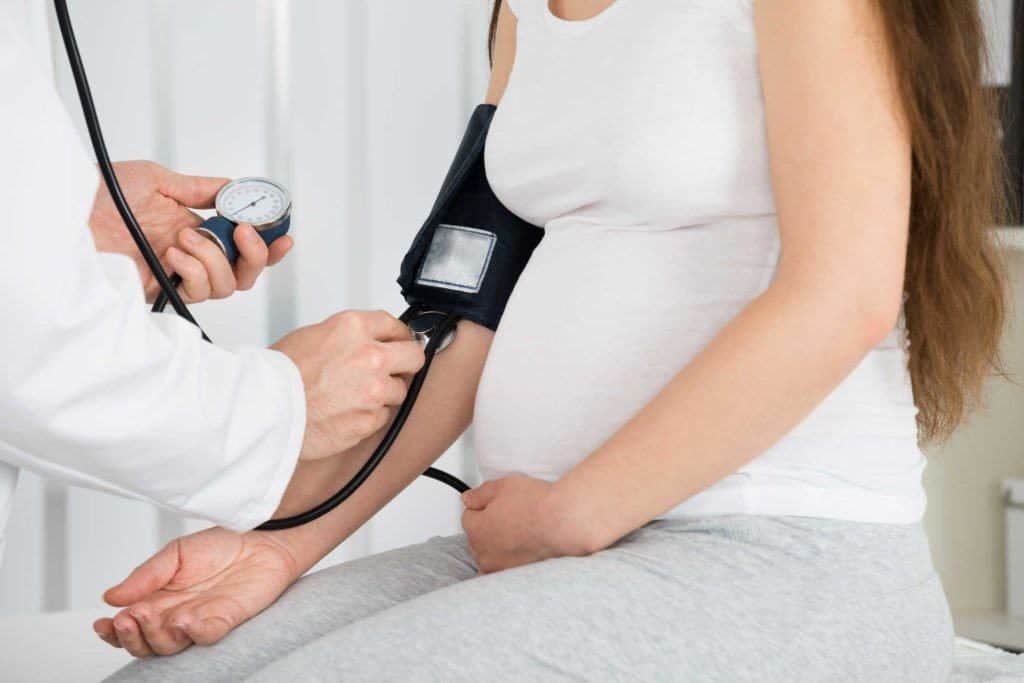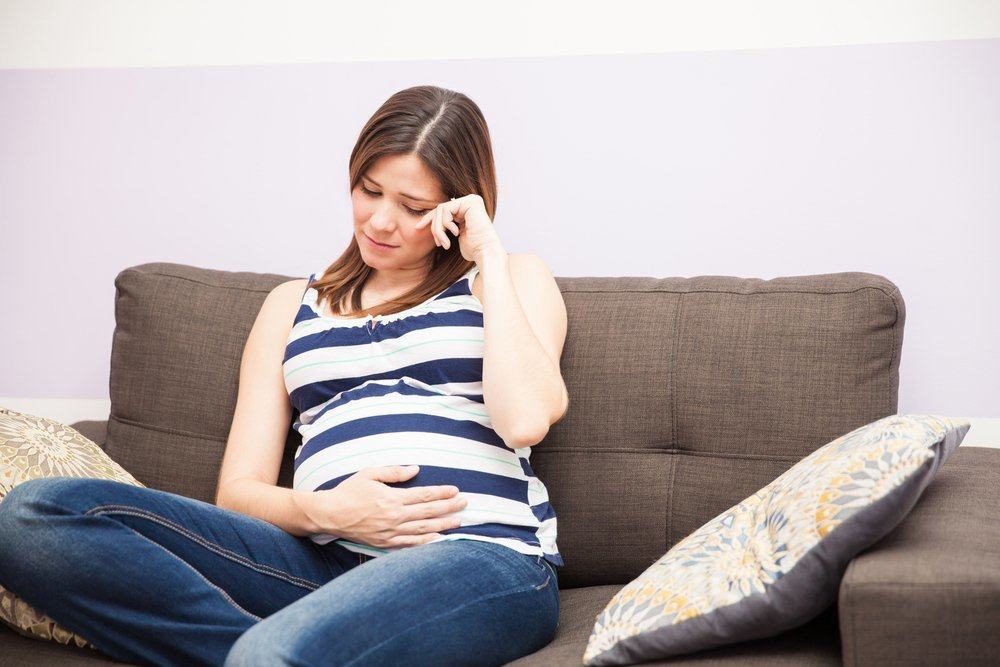Contents:
Medical Video: Pregnancy and High Blood Pressure
Based on a study, women who have high blood pressure during pregnancy will be at high risk of stroke. The researchers revealed that women who have high blood pressure during pregnancy are at higher risk for stroke, especially if they have preeclampsia which is the most severe type of high blood pressure. Increased stroke risk can reach 40 percent.
Nine special studies show an association between hypertension (high blood pressure) during pregnancy and future stroke risk. The study involved women from 1-32 years after pregnancy, and found consistent evidence that people with a history of hypertension during pregnancy tend to experience strokes later in life.
Hypertension is the most common health problem during pregnancy, 2-3 percent of complications from the total pregnancy period. This disease can pose many risks, such as reduced blood flow to the placenta. Women need to be considered at all times during pregnancy to check changes in blood pressure, but until now there have been no specific recommendations regarding screening related to stroke or postpartum preventive measures. These women should be closely monitored to prevent hypertension from reappearing, as well as for cholesterol, diabetes or other signs that can increase the risk of stroke.
The cause of hypertension during pregnancy cannot be determined, but there is one theory that some women genetically tend to have high blood pressure and pregnancy will actually increase it. Although blood pressure can return to normal after childbirth, women need to monitor their blood pressure to reduce their risk of stroke later on.
Hypertension is the main factor causing stroke. One important step is to know blood pressure as a preventative step in reducing stroke risk, something that is particularly true among women with a history of pregnancy-related hypertension. It is very important for a woman to be aware of her blood pressure and potential changes in blood pressure during pregnancy.
The latest stroke prevention recommendations for pregnant women based on current scientific research include:
- All women with a history of preeclampsia should be evaluated and treated regularly to detect cardiovascular risk factors, such as high blood pressure, obesity, smoking and high cholesterol. Screening must begin one year after giving birth.
- Pregnant women with high blood pressure or have experienced high blood pressure in a previous pregnancy should consult with a health care professional about using low-dose aspirin when entering the second trimester to giving birth to reduce the risk of preeclampsia.
- Pregnant women with acute high blood pressure (160/110 mmhg or more) should receive safe treatment during pregnancy.
- Pregnant women with high blood pressure (150-159 mmhg or 100-109 mmhg) should be considered for safe treatment.
- Women must undergo high blood pressure screening before using birth control pills because the combination of substances in the drug can increase the risk of stroke. Women should not smoke when using birth control pills, and should be aware that smoking while using birth control pills will increase the risk of stroke.
- Female smokers who have migraines with aura (decreased visual function) should immediately stop smoking to avoid a higher risk of stroke.
- Women over 75 must undergo screening for cardiac atrial fibrillation. Women who are in this age group tend to experience heart rhythm disorders that increase the risk of stroke fivefold compared to men.












